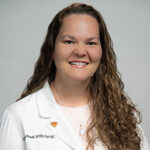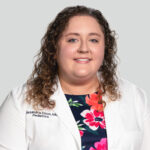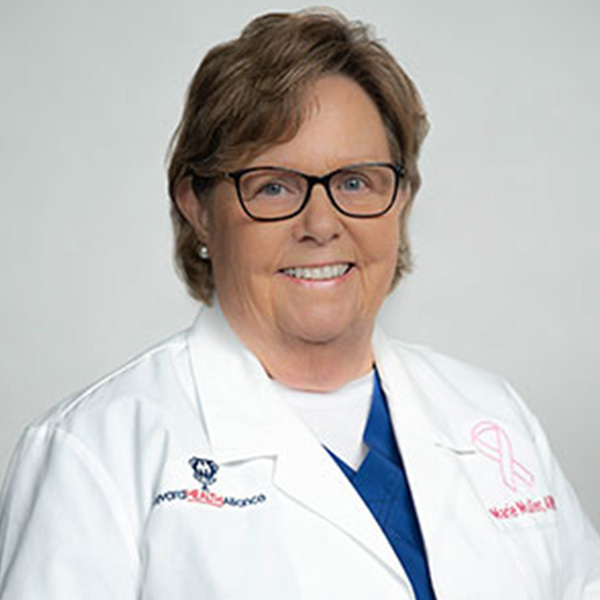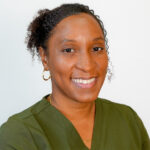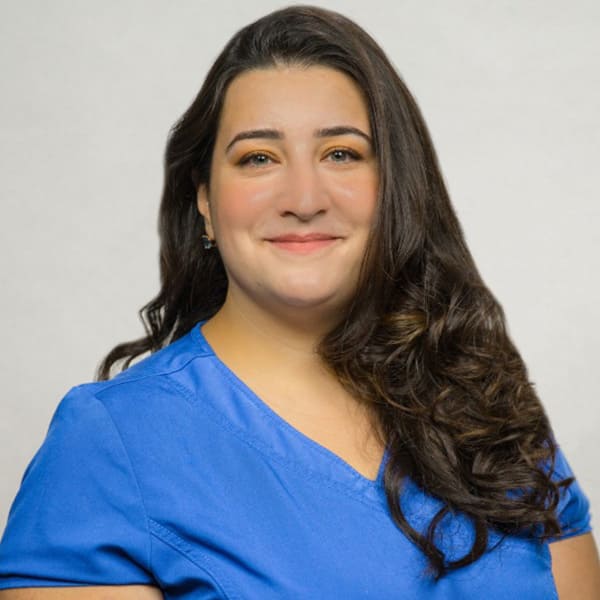National Immunization Awareness Month: Protect Yourself and Your Community
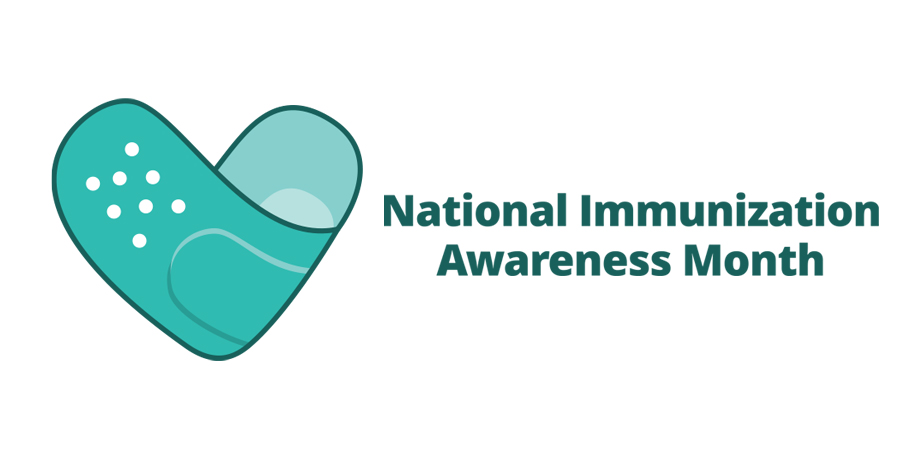 August is National Immunization Awareness Month, a crucial time to emphasize the vital role of vaccines in safeguarding individual and public health. At Brevard Health Alliance, we are dedicated to providing accessible vaccination services and accurate, evidence-based information to our community.
August is National Immunization Awareness Month, a crucial time to emphasize the vital role of vaccines in safeguarding individual and public health. At Brevard Health Alliance, we are dedicated to providing accessible vaccination services and accurate, evidence-based information to our community.
Understanding the Power of Vaccines
According to the Centers for Disease Prevention and Control (CSC), vaccinations work by stimulating the immune system to produce antibodies that recognize and fight off specific germs. This acquired immunity provides protection against a vast array of preventable diseases, from childhood illnesses like measles, mumps, and polio to adult health threats such as influenza, pneumonia, and shingles.
Beyond individual protection, vaccines contribute significantly to community health. A high vaccination rate within a population creates a protective “herd immunity,” making it difficult for diseases to spread. This is especially crucial for vulnerable individuals, such as infants, the elderly, and those with weakened immune systems, who may not be able to receive certain vaccines or whose immune response might be compromised.
“Certain vaccines prevent or reduce changes of a patient developing seasonal diseases, such as the flu while others provide more extended and life-long immunity, such as polio,” explains Brevard Health Alliance’s Chief Medical Officer, Dr. Ted Schuck. “It’s very important to remember that the more people immunized, the less risk of disease transmission to high-risk individuals, such as those mentioned above.”
Dispelling Vaccine Myths and Misconceptions
Unfortunately, misinformation and fear surrounding vaccines exists. It’s essential to rely on credible sources and scientific, evidence-based data to make informed decisions about immunization
- Vaccine Safety: Vaccines undergo rigorous testing and safety monitoring before approval. Adverse reactions are generally mild and temporary, and serious side effects are extremely rare. Ongoing surveillance systems like the Vaccine Adverse Event Reporting System (VAERS) closely monitor vaccine safety.
- Autism and Vaccines: Numerous studies, including those conducted by the National Institute of Medicine and the CDC, have consistently found no link between vaccines and autism.
- Natural Immunity vs. Vaccine-Induced Immunity: While contracting a disease can provide immunity, the CDC states it often comes with severe illness, potential complications, and the risk of spreading the disease to others. Vaccines offer a safe and effective way to build immunity without these risks.
“You cannot get an illness (excluding live vaccines such as the chicken pox) from a vaccine,” shares Dr. Schuck. “What patients may experience is symptoms related to their immune system generating antibodies to the virus. Symptoms may include mild fevers or chills, body aches, etc. and are often short lived. One severe but very uncommon condition a patient may experience from vaccines, but more often from viral infections, is Guillan- Barre Syndrome. If you have any concerning and uncommon side effects from vaccines, including neurologic symptoms, you should contact a health professional immediately.”
Vaccination Recommendations for Different Life Stages
Vaccination needs vary based on age, lifestyle, health conditions, and occupation.
“Everyone should speak to their health care provider regarding what vaccines are recommended based on age, lifestyle, and profession. Based on everyone’s unique situation, they may be a risk for acquiring certain diseases that can be significantly reduced with proper vaccination. Primary care healthcare professionals are trained to recommend the right vaccine and administer accordingly.”
Children: The CDC provides detailed immunization schedules for children and adolescents. Timely vaccination is essential for protecting children from potentially life-threatening diseases and contributing to herd immunity. The recommended childhood immunization schedule can be found here.
Adults: Adult vaccination is often overlooked but equally important. Certain vaccines, such as the tetanus, diphtheria, and pertussis (Tdap) vaccine, are recommended every 10 years. Other vaccines, like the influenza and pneumococcal vaccines, are recommended annually or as needed based on risk factors. The recommended adult immunization schedule can be found here.
Seniors: Older adults experience a decline in immune function, making them more susceptible to infections. Staying up-to-date on vaccinations is crucial for preventing serious illnesses and their complications. Recommended immunizations for older adults can be found here.
Remember – Vaccines are safe and effective. They are one of the most important tools in preventing disease and promoting public health. By getting vaccinated, you are taking a proactive step towards a healthier life for yourself and your loved ones.
Get Vaccinated at Brevard Health Alliance
At BHA, we offer a wide range of vaccines for adults and children.
“For every age and risk factor, BHA has a healthcare professional available to discuss vaccination options and planning,” shares Dr. Schuck. “We respect every individual’s right to make their own decision and will provide the most current, evidence-based guidelines to help lead you towards a healthy and safe path.”
To schedule an appointment or learn more about our vaccination services, please call or text 321-241-6800 or visit our website www.BrevardHealth.org.
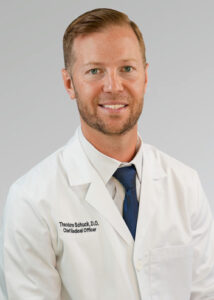
Ted Schuck is Brevard Health Alliance’s Chief of Medicine and provides care in Family Medicine to adult patients. He holds a Doctor of Osteopathic Medicine degree from Philadelphia College of Osteopathic Medicine.




































